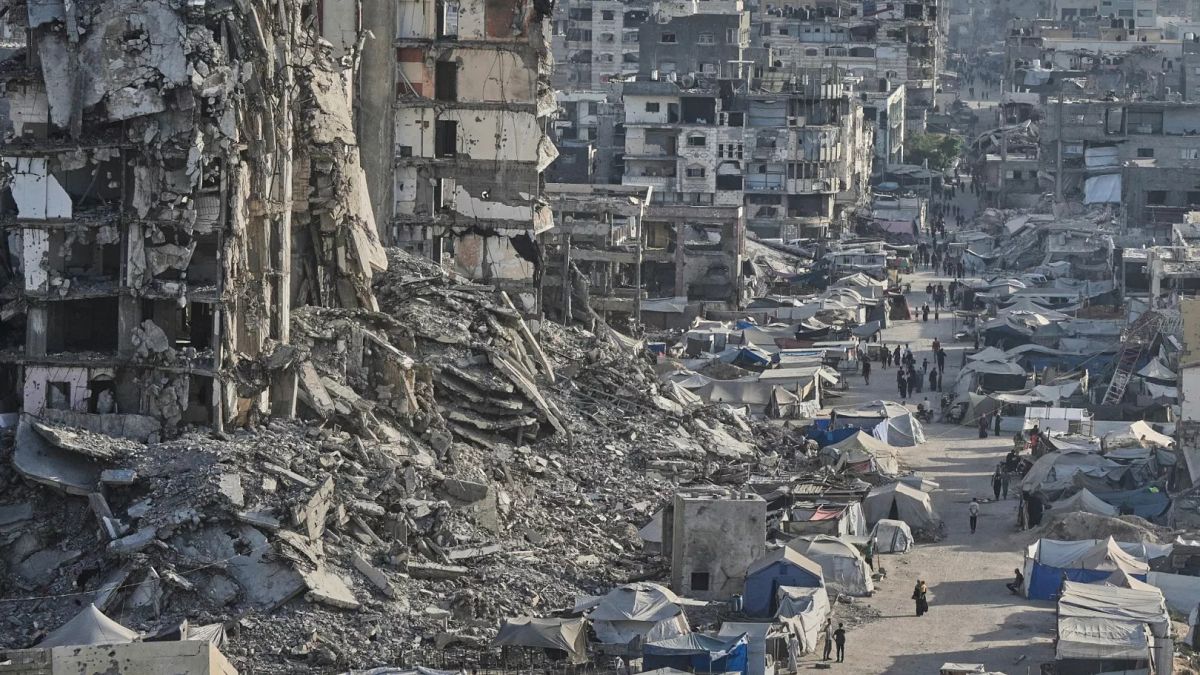

In a recent display of international collaboration, foreign ministers from 25 countries have jointly called for an immediate ceasefire in Gaza, aiming to alleviate the ongoing conflict in the region. This coalition of voices includes ministers from around 20 European nations, alongside Canada, Australia, New Zealand, and a representative from the European Union. Their unified message emphasizes the necessity of halting hostilities to pave the way for peace negotiations and humanitarian relief efforts.
Meanwhile, in Syria, the government has undertaken efforts to ensure the safety of its citizens amid a fragile ceasefire. State media has reported that approximately 1,500 Bedouins were evacuated from Suwayda, a decision that was coordinated with local officials to offer a measure of stability and safety for those affected. This initiative, although precarious, represents a step toward easing tensions in the area.
On the broader international stage, diplomatic engagements are gaining momentum. Iran is set to engage in discussions with Russia and China prior to important nuclear talks scheduled with European powers. These consultations are seen as a prelude to negotiations with the E3 nations—France, Germany, and the UK. The aim is to address longstanding issues concerning Tehran’s nuclear activities and the potential reinstatement of sanctions. Such diplomatic channels are integral to fostering mutual understanding and preventing further escalation.
Linked to these developments, Iran’s Foreign Minister has indicated that plans are underway to resume nuclear discussions with France, Germany, and the UK. This could mark a significant move toward breaking the stalemate over Iran’s nuclear program, which has been a source of international concern. The anticipation around these talks reflects a collective hope for a resolution that addresses the concerns of all involved parties, laying the groundwork for lasting peace and cooperation.
In a related realm of international security, European nations are strengthening their support for Ukraine against ongoing Russian aggression. Berlin and London are coordinating efforts to bolster Ukraine’s air defense systems, highlighting a commitment to supporting sovereignty and defending against external threats. These supportive measures underscore the importance of solidarity and mutual aid in upholding international peace and security.
Finally, in the sphere of diplomatic recognition, a senior Labour Member of Parliament in the UK has urged the government to recognize a Palestinian state. This step is seen as crucial for advancing peace efforts and achieving a long-term political solution to the conflict in Gaza. With the backdrop of an international conference this month, there is anticipation that various Western nations might proceed with similar recognition plans, signaling a potential shift toward greater international acceptance and peace-building initiatives.
Together, these events underscore a steadfast dedication to diplomacy and collaboration in addressing some of the world’s most pressing conflicts. The emphasis on dialogue, cooperation, and humanitarian efforts reflects an enduring commitment to fostering peace in regions plagued by strife, embodying a hopeful vision for harmonious international relations. As nations continue to engage with each other, there is a promise of creating a more stable and peaceful global community.
Source: {link}
